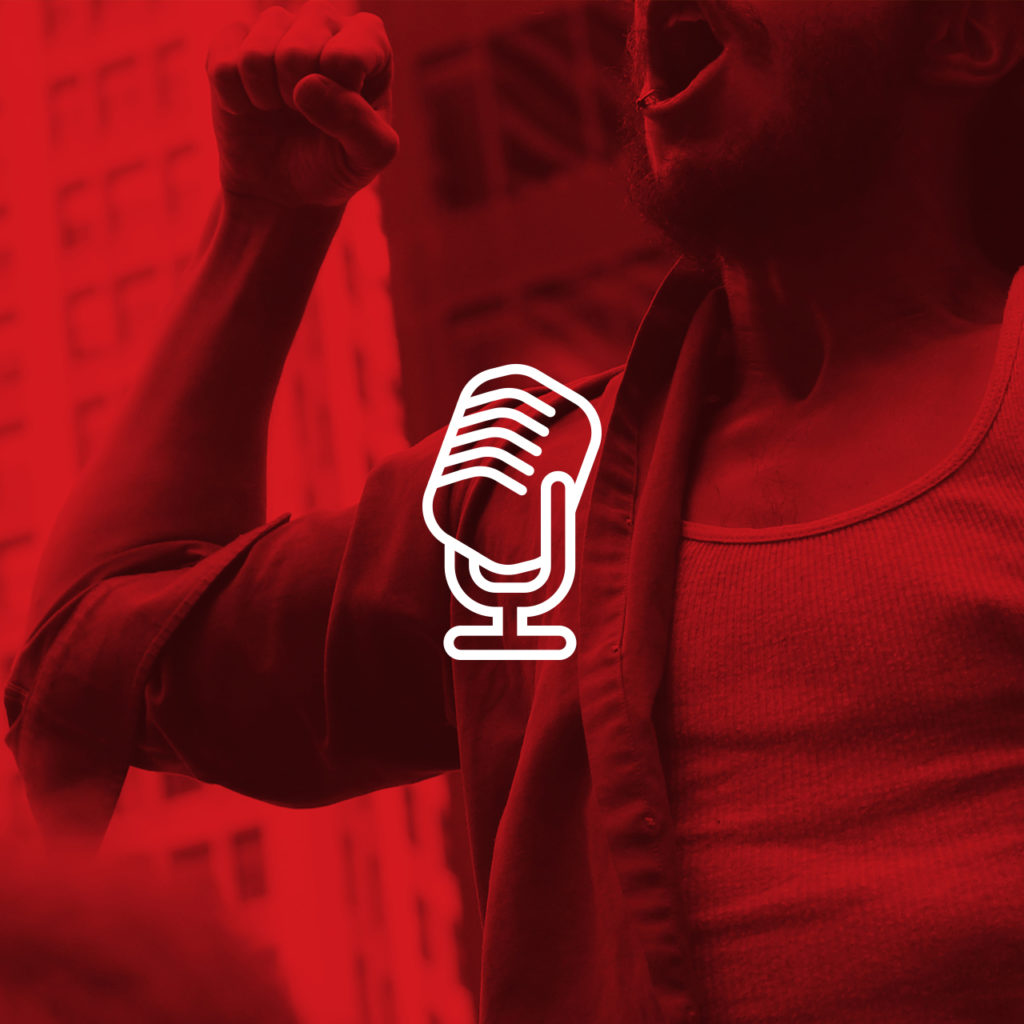
This week telecom operators complied with a request from agencies of the Gujarat state government to shut down SMS functionality and disrupt mobile internet service. To justify the ongoing shutdown, the state police are reported to have cited “concerns of rumour-mongering and crowd mobilization through WhatsApp”, a reference to ongoing actions by a group of organised protestors to force a general strike, or “bandh”, across the state.
Internet shutdowns have no place in Indian law or globally
The disruption of the network in Gujarat for more than 60 million residents raises many concerns. The Constitution of India provides strong fundamental rights protecting the freedoms of expression and association, and the right to liberty. Earlier this year in its landmark Shreya Singhal v. Union of India judgment, the Supreme Court of India emphasised that these fundamental rights apply to Indian citizens accessing the internet, and that any government measures affecting these rights have to pass careful constitutional scrutiny.
The current situation is especially troubling, as news reports appear to indicate that telecom operators merely implemented the shutdown at the request of state government officials, and not under any direction from the Union Government’s Department of Telecommunications — which under Indian law holds national authority for regulating telecommunications. Furthermore, the Supreme Court has made it clear that any restriction by the Union Government that affects network functioning and access to the internet must be made in accordance with applicable law, particularly the provisions of the Information Technology Act and Telegraph Act. So far, there has been no indication that any such order has been passed.
At the global level, it has become increasingly clear that internet shutdowns conflict with international law. This year, experts from the UN and several human rights bodies jointly declared that shutdowns — and other communications network “kill switches” which shut down entire parts of communications systems — can never be justified under international law.
Disrupting internet access harms crisis response
Not only are they illegal, shutdowns are bad public policy: you do not quell “rumour-mongering” by cutting off access to information. Attempts to block online tools for crowd mobilization disproportionately harm everyone by restricting access to emergency services and news reports. Blocking also cuts off avenues for public officials and community leaders to communicate accurate information or voice calls for restraint. There is no compelling evidence that shutting down of communication services improves security, further casting doubt on the value of network shutdowns as tools for public officials in democracies.
Given these concerns, it is even more imperative for us to recognise that blanket denial of internet access is a violation of fundamental rights. As Access’ Brett Solomon wrote recently:
Shutdowns are a horribly blunt instrument: they affect dissidents and rabble-rousers, ambulance drivers, and worried parents alike, plunging whole societies into darkness. Rather than increasing public safety, they cut off access to vital information and send more people into the streets.
Who should fix this
Telecommunications companies and ISPs are crucial gatekeepers in responding to shutdown orders. We believe that they hold a responsibility to respect the fundamental rights of their users and that they have an obligation to ensure that users can access telecommunications networks at all times. Together, the companies can push back on government requests and end — or even prevent — shutdown orders by following the steps in our Telco Action Plan. In the present situation, in which a blanket network shutdown might not even meet Indian legal and regulatory requirements, the onus falls on telcos to act and respond to the government.
Access strongly believes no authority should issue internet shutdown orders, and that authorities in the state of Gujarat should urgently rescind the current blanket measures affecting so many Indian citizens and institutions. Public officials and telecom companies should uphold their duty to restore unfettered internet access for millions of users.
For more information, contact Raman Jit Singh Chima at raman [at] accessnow.org or at [email protected].
